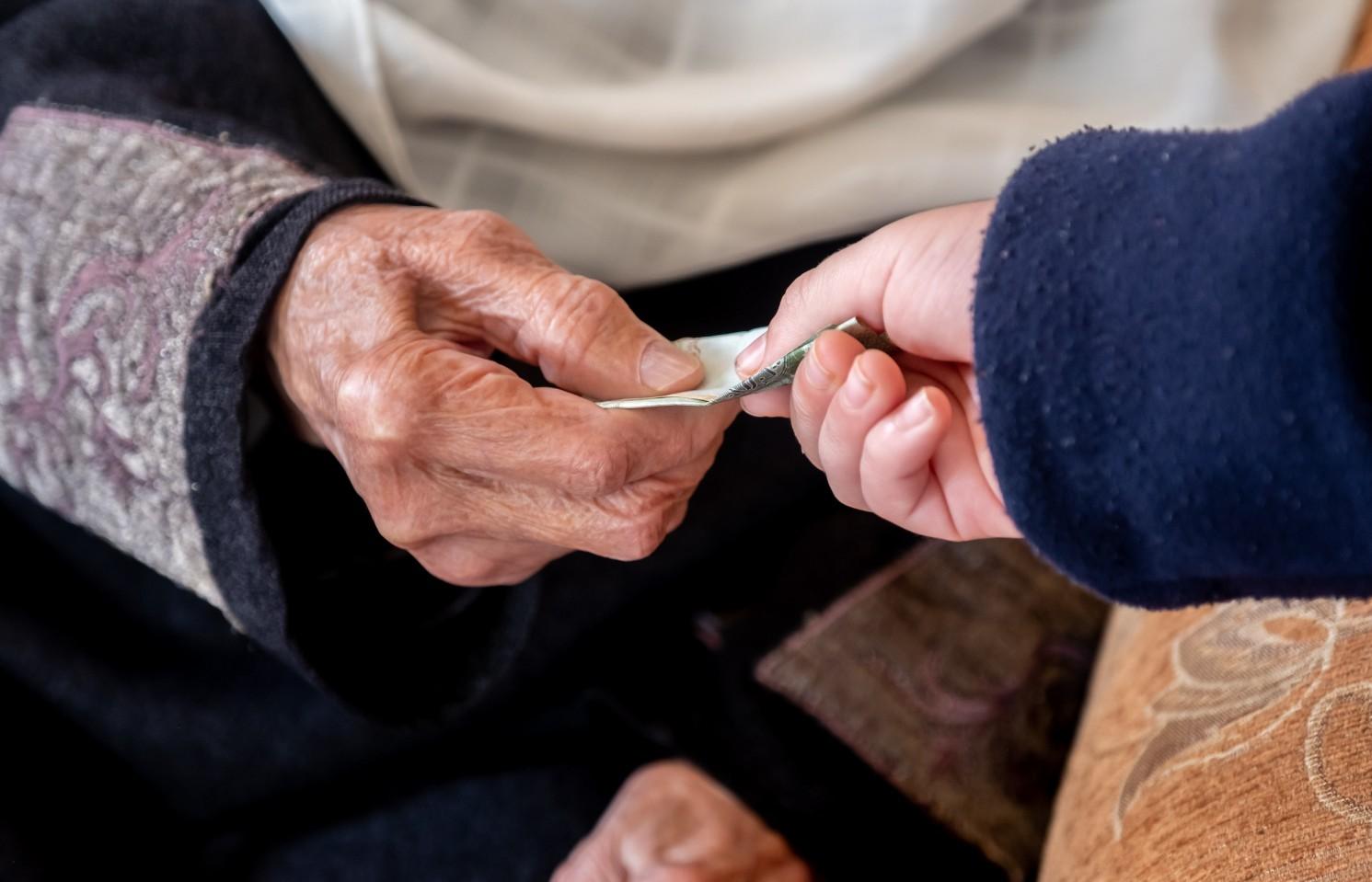
Zakat is one of the Five Pillars of Islam and is a mandatory form of charity and wealth purification. However, in Islam, there are specific Zakat rules that determine how it is paid, who must pay it, and who can receive it. UKIM is here to help you understand Zakat and help you determine if you meet the eligibility rules of Zakat. Discover what Zakat is and why Muslims give Zakat in this blog.
Zakat in Islam is a mandatory form of charity that is required from all adult Muslims who meet the Nisab threshold. This act of giving is the Third Pillar of Islam and is an obligatory payment, which separates this required act of giving from voluntary charity acts like Sadaqah. Zakat involves the purification of wealth which is achieved by giving a portion of it to those in desperate need. The act of charity promotes social welfare and economic balance within local communities through this purification.
Typically, the percentage of Zakat of a Muslim’s accumulated wealth is 2.5% as long as the wealth exceeds the Nisab threshold which is a minimum amount that qualifies a believer to pay this form of charity. This mandatory donation is required for every sane, adult Muslim with wealth over this Nisab threshold which has been held for the last 12 Islamic months.
So, why is Zakat important in Islam? Well, the main reason why this act of giving is important is because it’s the Third Pillar of Islam. This means that if a Muslim fulfils this religious obligation, they can achieve all five pillars which are crucial to connect closer to Allah SWT and growing spiritually. Another reason why it’s vital is that it purifies the wealth of those who have it and re-distributes wealth to those in poverty. Zakat creates a sense of community and enhances the Muslim community too. This is done by relieving the suffering of those who don’t have the means to live sufficiently.
A hugely popular question amongst many people is “Why do Muslims give Zakat?” There is an array of reasons why Muslims give Zakat. A huge part of this is that believers see wealth as a loan from Allah SWT, so these donations help Muslims purify their souls by not being greedy. It is believed that the person who gives this form of charity will receive a hundredfold back in the afterlife. As well as this, there are other spiritual and worldly benefits from giving Zakat. Muslims believe that they are doing Allah’s will and acknowledge that they don’t own anything themselves, their wealth has been given by Allah SWT and He can take it away.
Muslims give Zakat in order to be honest and place less importance on their material possessions. It’s about practicing self-discipline and avoiding greed and the love for money.
It can be difficult to understand who needs to give Zakat in Islam but there are a few Islamic rules outlined to help Muslims determine if they are eligible to pay it. These guidelines that are found in the Quran state that a person should be:
As well as those who need to pay Zakat, there are Islamic rulings on who can receive the donations. People who can receive this mandatory donation include:
Zakat can show devotion to Allah SWT as it is a means for Muslims to fulfil their rights to Allah SWT. It purifies their wealth and distributes it to the poor and needy. Zakat also shows devotion as it’s a means of seeking Allah’s pleasure and fulfilling the obligation Muslims have to take care of others and their community.
The act of charity is also a way to express gratitude for the blessings that Allah SWT has given believers. Muslims are accountable for how their wealth given by Him is used. This is shown in a hadith on Zakat that states:
“We will certainly test you with a touch of fear and famine and loss of property, life and crops. Give good news to those who patiently endure.” [Quran, Surah Baqarah, 2:155].
There are multiple benefits of helping the poor in Islam as it’s seen as a virtuous act and a vital part of a person’s faith. Muslims are encouraged to participate in charity and kindness to uplift those who are vulnerable and in need. Some benefits of helping the poor in Islam are:
Giving Zakat in Islam is fundamental as it can purify your wealth and transform the lives of those in need, fulfilling their religious obligation. Donate to UKIM to ensure your act of charity reaches those most in need. We help to feed the poor and build homes and schools to help the less fortunate find a better future, escaping poverty and building a bright future.
Copyright © 2025 UKIM All Rights Reserved.
UK Registered Charity Since 1962
Charity Registration No. 250275



